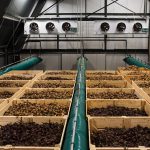Three years ago, Pyt and Rika Sipma’s organic arable farm – called Timpelsteed – burned down. Up to that point, Sipma had stored his carrots in Emmeloord, while the seed potatoes and onions were stored at a non-organic arable farm in the village. The new start gave them the opportunity to build a large crate storage facility in which they could store all their products themselves. On the recommendation of a specialist, Sipma asked Equans for advice about cooling.
The main thing that Sipma wanted was a sustainable system with the least possible impact on the surroundings. “As an organic farmer, it’s important for me to produce as sustainably as possible and to process my products myself. That’s why I decided to start organising everything in-house. Equans recommended a cooling system that runs on the environmentally-friendly natural refrigerant CO₂. An obvious choice for me, especially now that hazardous synthetic refrigerants are being phased out.”
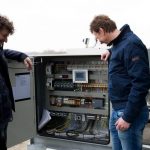
The CO₂ transcritical system has been up and running since November 2015. The natural refrigerant CO₂ has a much lower impact on the greenhouse effect (GWP value) than synthetic refrigerants. Added to that, the system is very energy-efficient. The switch to natural refrigerants is generating up to 40% energy savings for Sipma. The fact that this sustainable investment has also helped Sipma benefit from the EnergieInvesteringsAftrek (EIA (energy investment deduction)) an incentive scheme that allows him to deduct 41.5% of the investment from his profit – was ‘an extra bonus’.
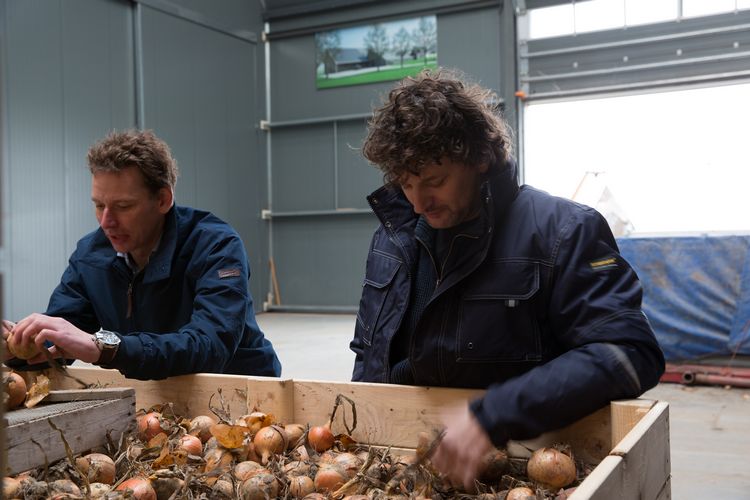
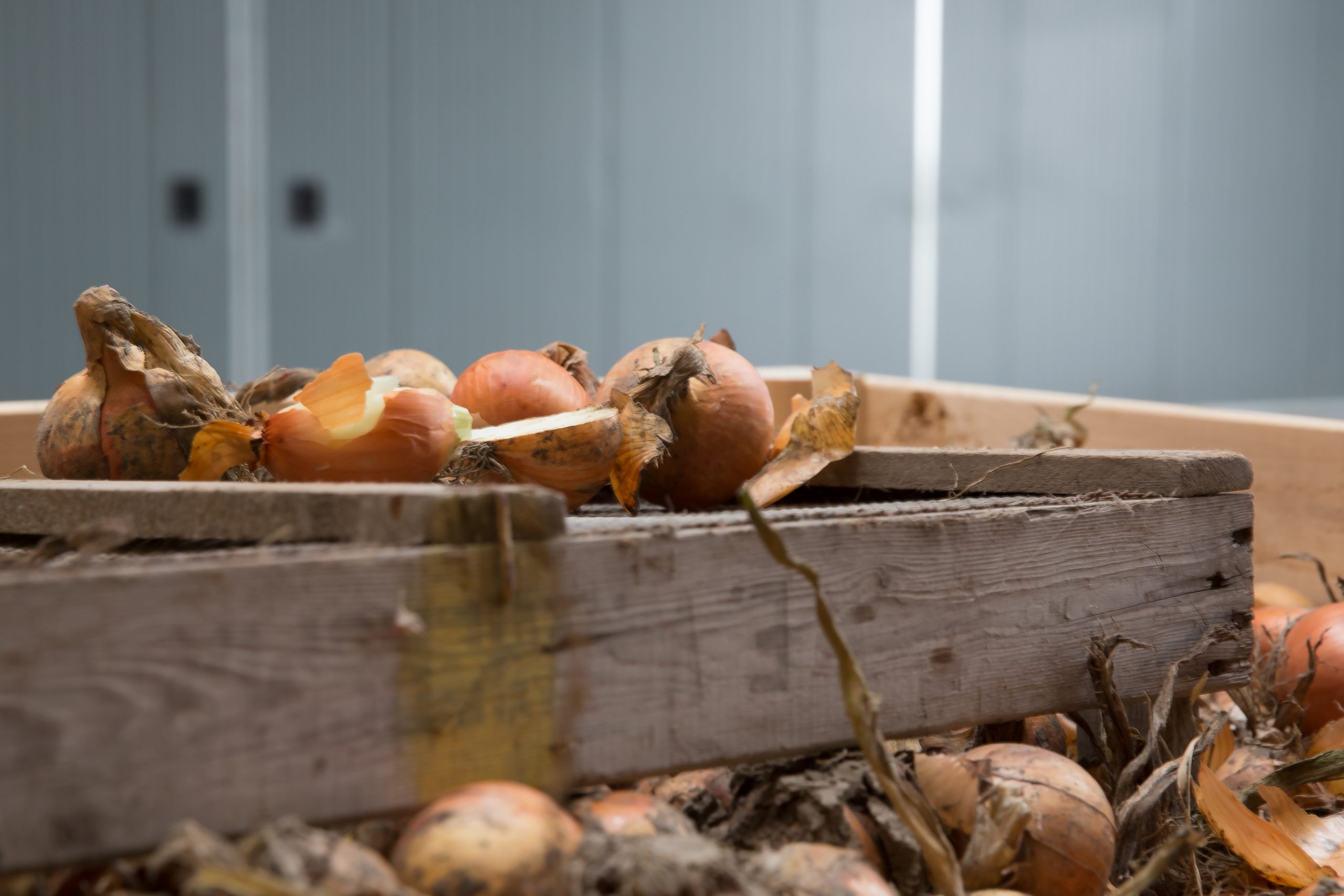
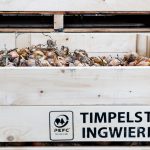
The system includes options to effectively preserve the quality of the potatoes, onions and carrots for as long as possible. The system’s cooling capacity is geared to the optimal storage of carrots in the large cold store. This is because carrots require the highest cooling capacity. A frequency regulator is used to adapt the cooling capacity to the cooling demand, which is one of the reasons why the cooling system is so energy-efficient. The system also regulates the air circulation and prevents the carrots from dehumidifying. “This CO₂ transcritical system is very product-friendly and can also be easily adapted to the weather conditions. This winter, for example, there was almost no chance of cooling and drying with the outside air. So the dehumidifying effect of the cooling has now been increased and the quality of my onions couldn’t be better.”
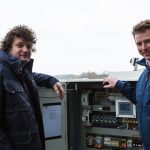
With his new cooling system, Sipma wanted to remain under the limit for small-scale consumers so that he could avoid high connection costs and to balance it out with his solar panels. “Equans advised me to install a separate power supply for the cold store in which my carrots are stored. And for the same reason, my cold stores aren’t cooled simultaneously but one after the other. That way, the capacity is still less than 3x 80 amps and I stay registered as a small-scale consumer. So I save a huge amount on connection costs.”
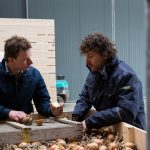
The system has been running for several months and Sipma is very happy with the result. “The installation was great. We were aiming for 1 December, but the weather just didn’t turn cold enough. So we needed to work faster than expected. Equans’s installers Bert and Mehmed worked hard and got the system up and running in November, right on time. They did great work!
And my regular maintenance technician at Equans, Johan, is always ready to help if anything crops up. I’m happy to say that the cooling system meets all my requirements. Equans’s approach gave me exactly the support I was looking for in this process. So I didn’t have to worry about a thing.”

